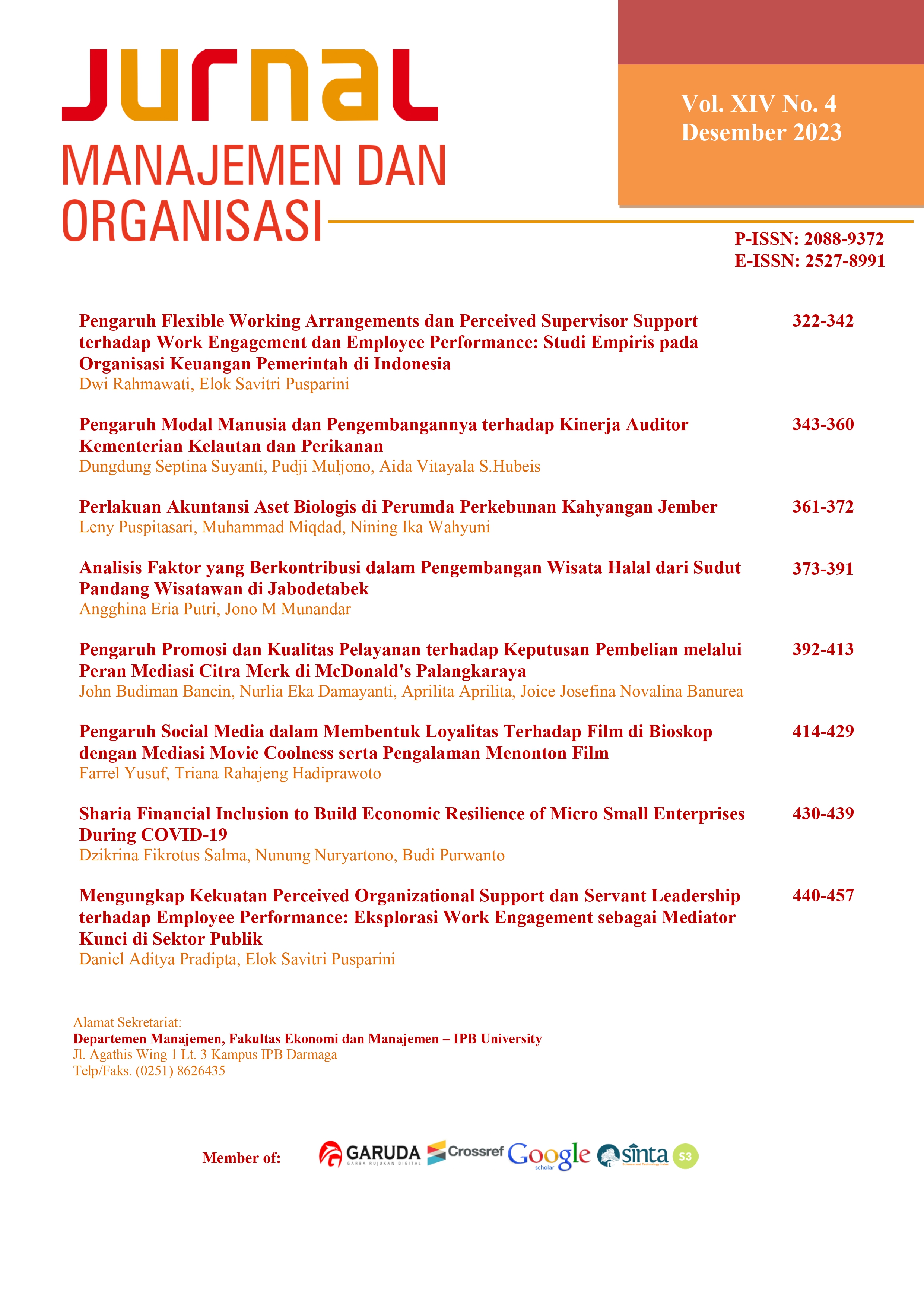Sharia Financial Inclusion to Build Economic Resilience of Micro Small Enterprises During COVID-19
Abstract
Micro and Small Enterprises own a huge role in contributing to economic growth and employment in Indonesia. In 2018 MSMEs absorbed 112 million workers in Indonesia with a market share of 95 percent and also contributed 57 percent of GDP. Yet, during the spread of COVID-19, the government forced to establish new regulations that impact the management and growth of Micro and Small Enterprises. Financial Inclusion and the role of Sharia Micro Financial Institution are demanded to keep maintaining the endurance of MSE. This study would like to analyze the role of financial inclusion in the access to Micro and Small Enterprises to the sharia micro financial institution. Adopting the method in this study used a descriptive qualitative approach, with content analysis techniques and library research, concluded that the optimization of Baitul Maal and Baitul Tamwil in BMT made it a micro-financial institution that could play an important role during the crisis due to the COVID-19 pandemic. Research that done by reviewing texts, documents, or books to retrieve conclusions based on the context of its use . The results of the research show that among the solutions are : (1) Strengthening the Role of Baitul Maal (Social Finance) through optimizing Zakat, Infak, Sadaqah, and waqaf money. (2) Strengthening the Role of Baitul Tamwil through the Qardhul Hasan Covenant.


.jpg)




